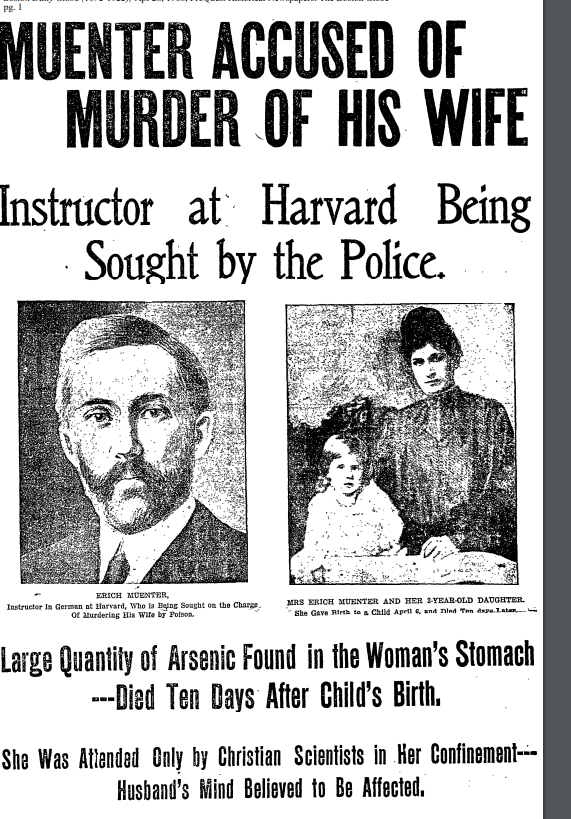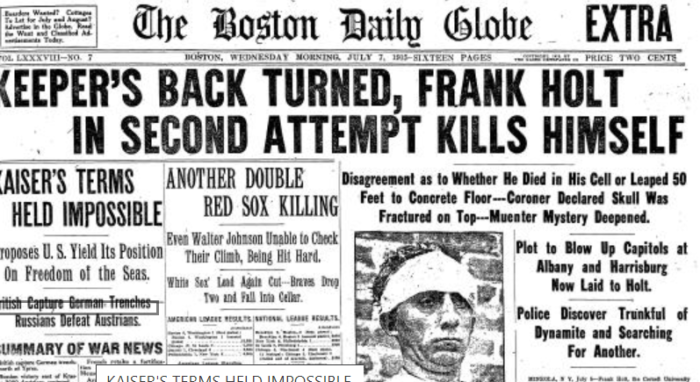CHAPTER 1
SOCIETY SUMMER DIRECTORY
On the eve of America’s Independence Day, the Long Island Sound was calm. It had been a year since the flames of war were ignited in Europe and Asia by the assassination of Archduke Franz Ferdinand and his wife in Sarajevo.
J. P. Morgan Jr., who was called Jack by family and friends, had his summer estate, located thirty miles east from Manhattan. Jack owned an island nestled on the north shore of Long Island, later called the Gold Coast, known for its extreme wealth and grand estates.
Anticipation was in the air at Matinecock Point, the name Jack had given his estate. A grand event was planned to celebrate the return of Junius, Jack and his wife Jessie’s eldest son, and his bride, a Boston socialite. The silver was polished, and the crystal was washed and wiped until it all glistened. The Morgans would use their best china for this special occasion. Flowers from the island’s gardens and greenhouse filled the vases. The domestic staff submitted to Mr. and Mrs. Morgan a proposed menu in French, which was then revised and approved by them. The guests that arrived by car would pass the majestic manor houses along Dosoris Lane, then turn down a steep, winding road over a causeway and finally cross over the bridge onto East Island. The Morgans’ summer estate was accessible by boat, train or automobile. The Morgans found no need for a gatehouse to the island; it was accessible to all. The long road to the mansion was through an allée of Linden trees and beautiful landscaping.
Jack Morgan counted among his guests the British ambassador, Sir Cecil Spring Rice, and his wife, Florence. They were houseguests for the event. Sir Cecil made it his business to be well plugged-in to influential Americans. More than a decade earlier, Sir Cecil served as best man at the London wedding of Teddy and Edith Roosevelt. Sir Cecil and Jack had mutual interests, which fostered a cordial relationship. Neither was a fan of the Wilson administration’s policy of strict neutrality in the European War. To the consternation of both men, the policy prohibited private American banks, such as Morgan’s, from extending direct loans to the war-strapped British government.
But by late 1914, a reluctant Wilson administration was persuaded to draw a distinction between direct “loans” to belligerents and “credits” for use in making purchases from American companies. This allowed Morgan & Co. to extend “credits” to Britain—at a suitable interest rate—to finance these domestic purchases. By the summer of 1915, the Morgan firm had already provided millions in credits to Britain, but Britain needed more.
The ambassador, his wife and the Morgans were in the breakfast room in the rear of the forty-one-room mansion, facing east, with the sun hidden behind the clouds, on this cool Saturday morning. They enjoyed the view of the Long Island Sound while sipping tea or coffee with fresh cream from the island’s dairy.
East Island was called “Morgan’s Island” by the locals. The 304-foot Corsair II, with triple expansion steam engines,was docked on the west side of the island, alongside the Navette, the 114-foot steam yacht Jack used for commuting to Manhattan.
At 9:30 a.m., the doorbell rang. There was no need for any disruption in the breakfast room, the properly attired thirty-six-year-old butler, Physick, was available to greet the unexpected early guest. A six-foot-tall, thin man dressed in a blue serge jacket appeared and said, “I want to see Mr. Morgan.” The visitor then handed Physick his card, which read, “Society Summer Directory. Represented by Thomas C. Lester.” Within seconds after Physick refused his entry, pressed against both his ribs were the steel barrels of two revolvers.

